|
Global warming is bringing ever more humid, wet weather to the United Kingdom. But are we actually prepared for a wetter stormier future? The extreme flooding events over the last ten years have cost the economy billions of pounds with no real guarantee this can be prevented without serious changes to our very old and out of date Victorian drainage methods. The old concept of urban drainage planning was to take up water as quickly as possible and divert it away into our drainage network as quickly as possible. The problem with this is we know from recent events our drainage does not work and is completely unsustainable. Expanses of paved surfaces and areas of urban hard standing drain straight into drains and hence natural water courses allowing pollutants and toxins to run into the natural ecosystem. Water that years ago would have drained slowly back into the landscapes surface is now accelerated into pipes and concrete channels. Within the last one hundred years we have lost over 80% of our natural ponds and wetlands with the wildlife that depends on them also. Most urban streams are wildlife deserts with the only species utilising there course ways being the urban rat. As natural watercourses in towns have become the place of back alleys and industrial back routes they have become a host to anti social behaviour and places of general avoidance. To cope with ever larger amounts of surface run off authorities have built ever larger culverts and sewer channels creating unsafe playgrounds for urban youths and accelerating places that accelerate unsocial activities. Ever larger drainage channels and culverts are engineering’s way to respond to the concept of getting water away as soon as possible but only add to the unsustainable drainage theories of the past. More unsustainable drainage means more accelerated storm water flow this requires more expensive dredging downstream removing excess sedimentary silt which blocks our water courses. The overloading of urban runoff routes means chemical spillages; toxic road pollutants, oils and dog fouling all find their way to our local hydraulic cycle. Due to excessive amounts of runoff in modern times we have incorporated gulley pots along the drainage system which commonly get blocked which cost the local authorities hundreds of thousands of pounds a year to clear and maintain. Extra cost for a completely unsustainable system, the gulley pots also kill thousands of wildlife every year with frogs and newts being washed into these trap like pits. In the past most of our waste water including sewage and urban surface run off systems were combined. This enabled a non sustainable concept of waste water to develop. Today run off and sewage drains are separate giving us the opportunity to deal with run off in a more naturalistic way. It was very common in the Victorian era which founded our drainage network to conquer nature but modern thinking gives us the opportunity to revaluate this and come up with a method that works with nature for a solution to our urban drainage issues. The concept of Sustainable urban drainage follows this methodology. Instead of hiding storm water courses behind concrete walls or along urban industrial wastelands good design brings this water into the heart and urban fabric of the community. Sustainable landscaping and ecological design perspective takes into account amenity value, recreation, pollution filtration and wildlife elements of urban water runoff into sustainable urban drainage solutions. The concept of SUDS is simple designing a way for storm water to be absorbed back in to the ground as close to the source as possible. This makes the possibility of polluting our natural hydraulic ecosystem virtually nil with the added benefit of preventing flash flooding further down steam. This method of local absorption is known as infiltration. Fundamental SUDS examples of this are: permeable paving, filter strips natural wetlands, basins, retention ponds and bioswales. Polluted water from urban environments filters through ecological naturalistic swales and ecological landscaped vegetation zones filter out large pollutant particles before they continue into the main wetlands. Smaller toxic metals, oils and chemicals are filtered by the roots of wetland plants and microscopic wetland organisms such as bacteria. Basins and ponds give the ability for excess storm water to flood into in times of heavy rain. These have enough ecological landscaped areas in the form of depressions and retention ponds to absorb the most extreme flooding events forcing new development to design in recreational seasonal flooding parkland spaces. New housing developments with ecological sustainable drainage landscapes designed in are valued at 10% higher due to their scenic value adding another boost to the incentives of ecological and sustainable development and landscaping. Sustainable urban drainage systems improve water quality no matter what chemicals human environments throw at them. It is estimated that half the oils which end up in the sea are not from oil tankers but the surfaces from urban roads and car parks. By incorporating SUDS into urban areas you offer the possibility of ecologically cleaner environments and water courses. The ecologically landscaped parks offer recreational potential and wildlife reserves for children to engage in outside learning activities. Benefits of such outside learning and exercise are becoming more scientifically verified in the media. The potential for local eco gardens and school outside community classrooms are accelerated by these kinds of sustainable landscaped spaces. The future of sustainable urban drainage in our urban fabric seems to offer unlimited benefits to the wider ecosystem and local population in terms of economics and recreation. Safety is always an issue when it comes to standing water and young children. Today health and safety correctness combined with other social fears have led to fears for children playing outside in naturalised environments. With the acceleration in modern technology and digital entertainment problems such as obesity and a lacking in communication skills are also an ever worrying problem amongst our younger generation. Safety features can be designed in including very densely vegetated pond sides including gently sloping ponds so they are safer than river. Children should be given the chance to access risks and experience water within the public realm. Natural wetland environments in public parks and gardens can be designed in a way that they are experienced but hard to actually access deep areas of standing water. SUDS don’t just offer to save the economy thousands of pounds it offers the opportunity of recreation, education and sustainable urban water ecological management. By using good planning and ecological landscape techniques the future of our living environments can be a place for people and nature. Flooding and pollution of the natural hydraulic cycle can be a thing of the past. For more information on Sustainable Urban Drainage Systems: 'Stormwater Design for Sustainable Development' is a thorough analysis and review of the subject with practical case studies of implementation.
0 Comments
Leave a Reply. |
AuthorPaul Nicolaides is a landscape Architect from North London and Director of Ecospaces Limited ecological Landscape design & build contractors. His ambition is to help accelerate change to a more sustainable ecological society. A society that plans its urban environments integrating agriculture, wildlife habitat, natural processes, recycling, industry, and sustainable urban drainage. Above all Paul aims to integrate these disciplines and realise there compatibility both on a local and landscape level. Archives
July 2018
Categories |
Photos from Tauralbus, Kurayba, ChodHound, tristanloper, scott1346, Sustainable sanitation, RobBixbyPhotography, The hills are alive*, Bobby McKay., ell brown, ncwetlands.org, Drantcom, alh1, Verokark, U.S. Embassy New Delhi, John Brighenti, umseas, wuestenigel, nestor galina, Sander van Dijk, mikecogh, oatsy40, foundin_a_attic, ndrwfgg, The Garden Smallholder, Aaron Volkening, wallygrom, Sander van Dijk, Base Camp Baker, Local Food Initiative, Kansas Poetry (Patrick), blachswan, infomatique, Phil Roeder, aschutz57
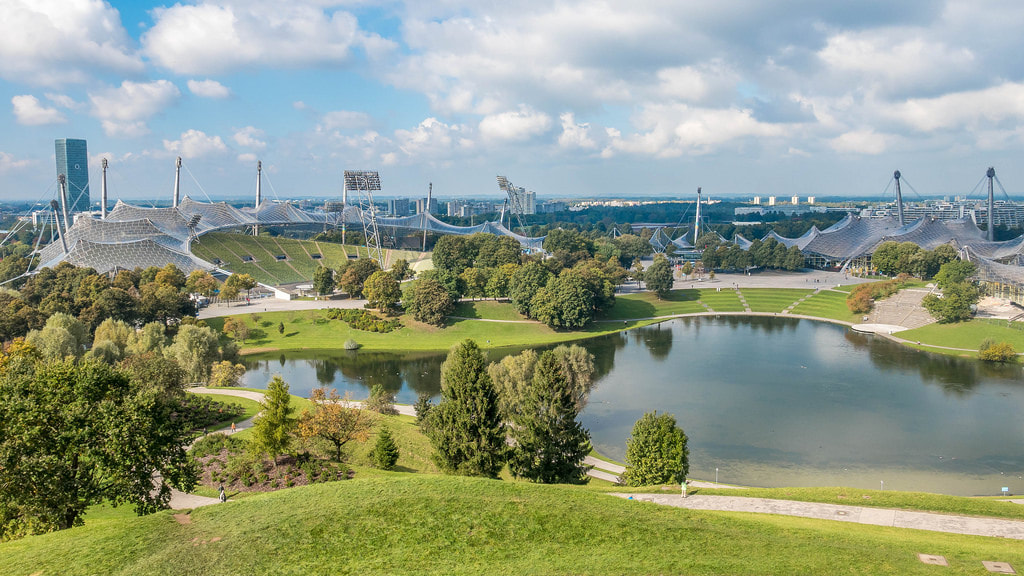
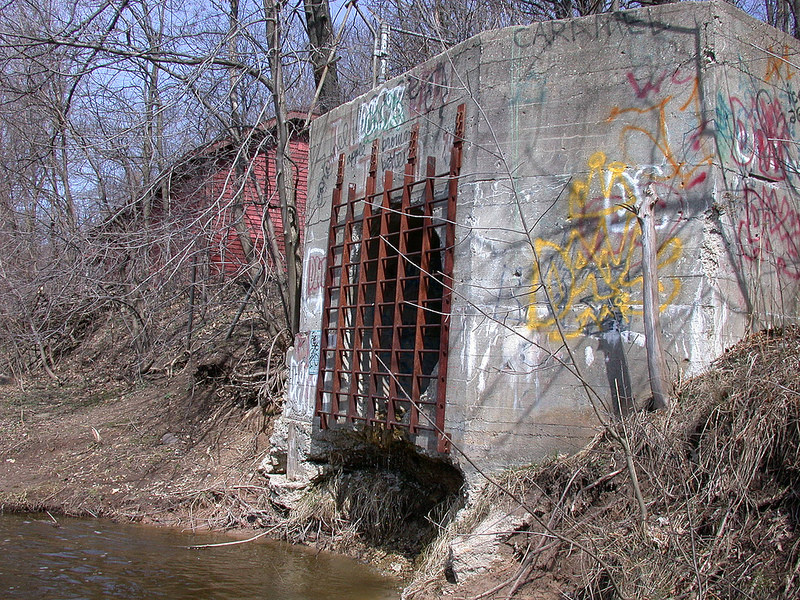
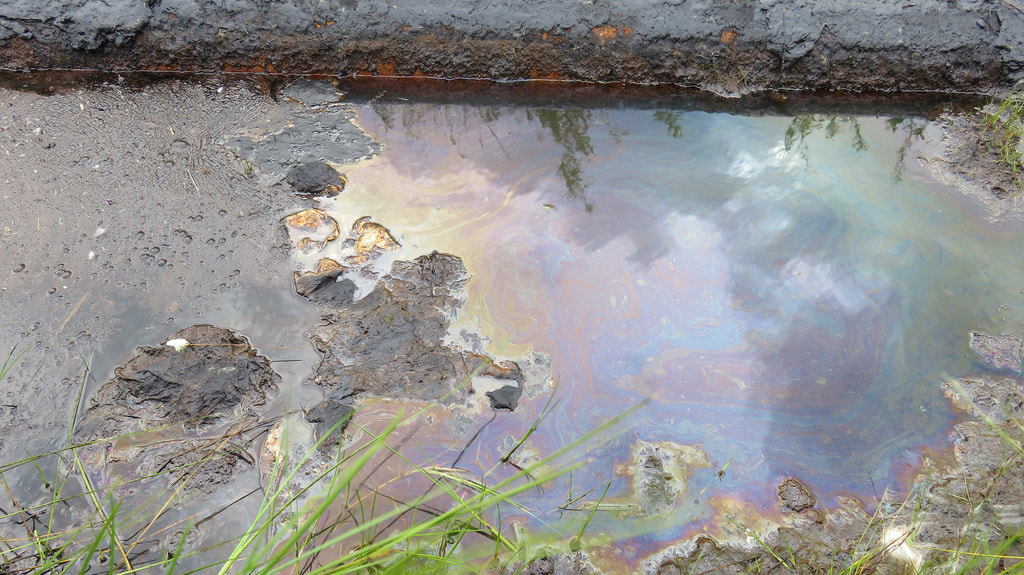
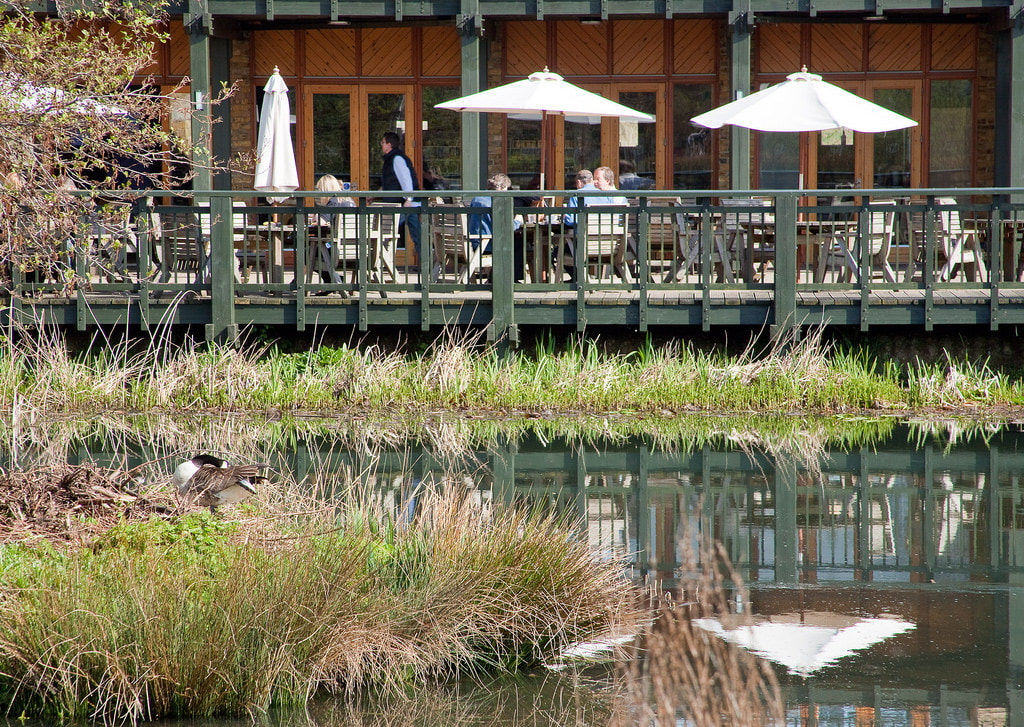
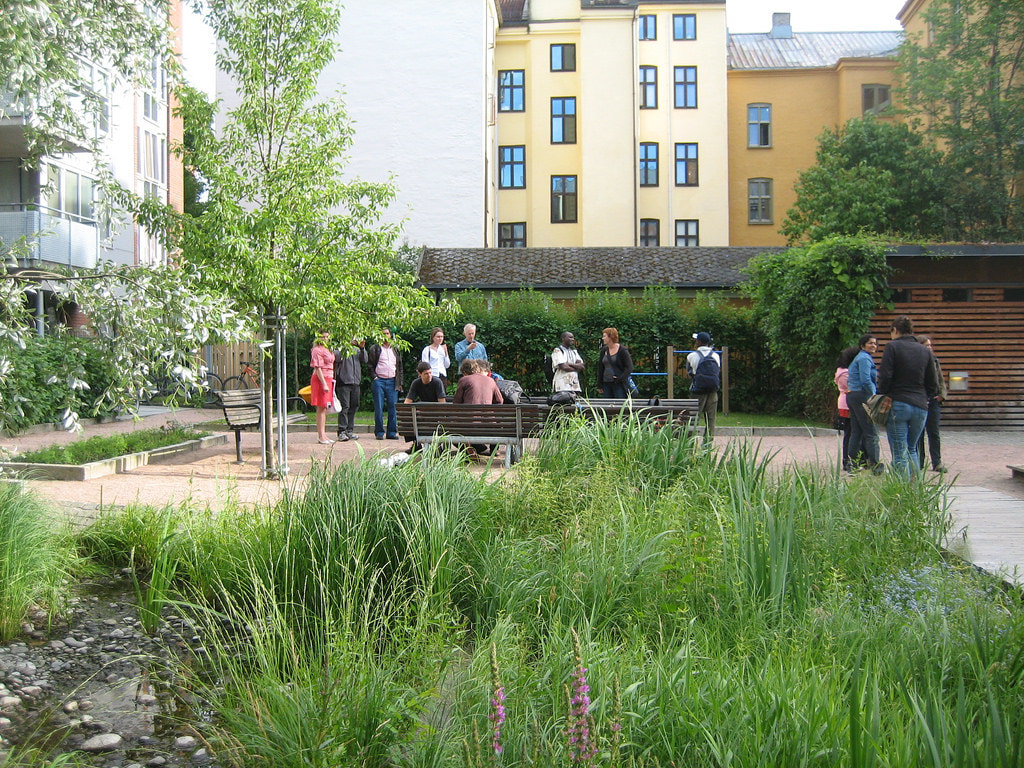
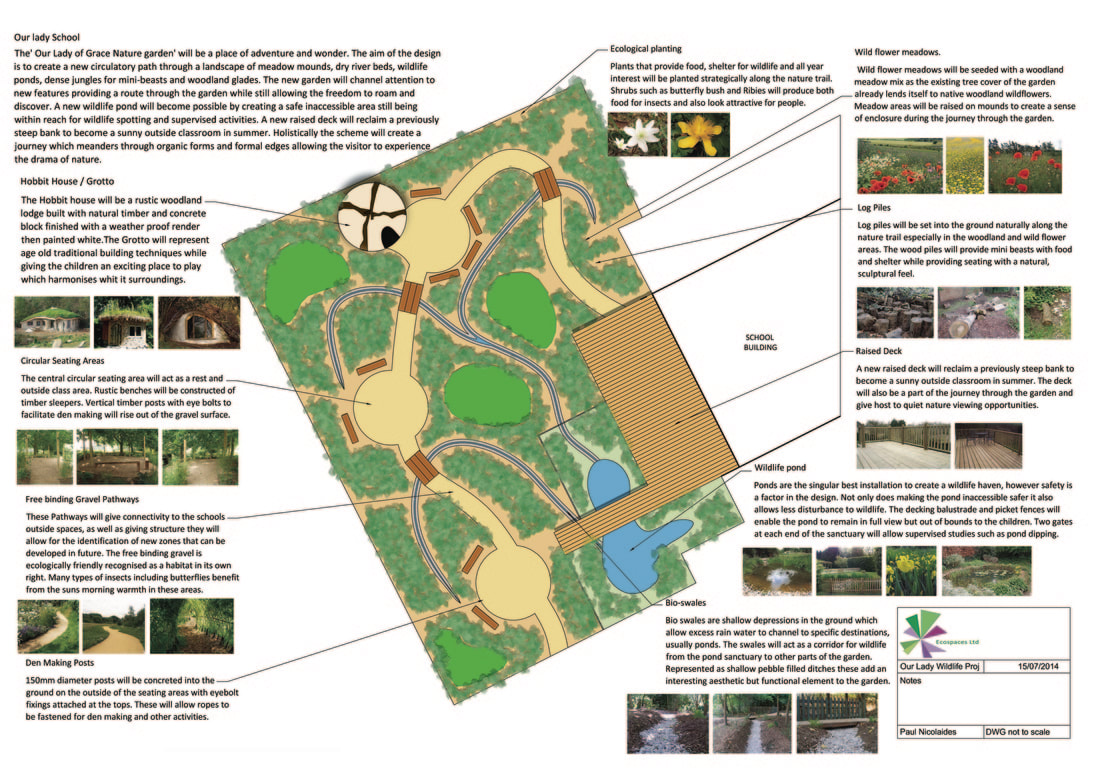
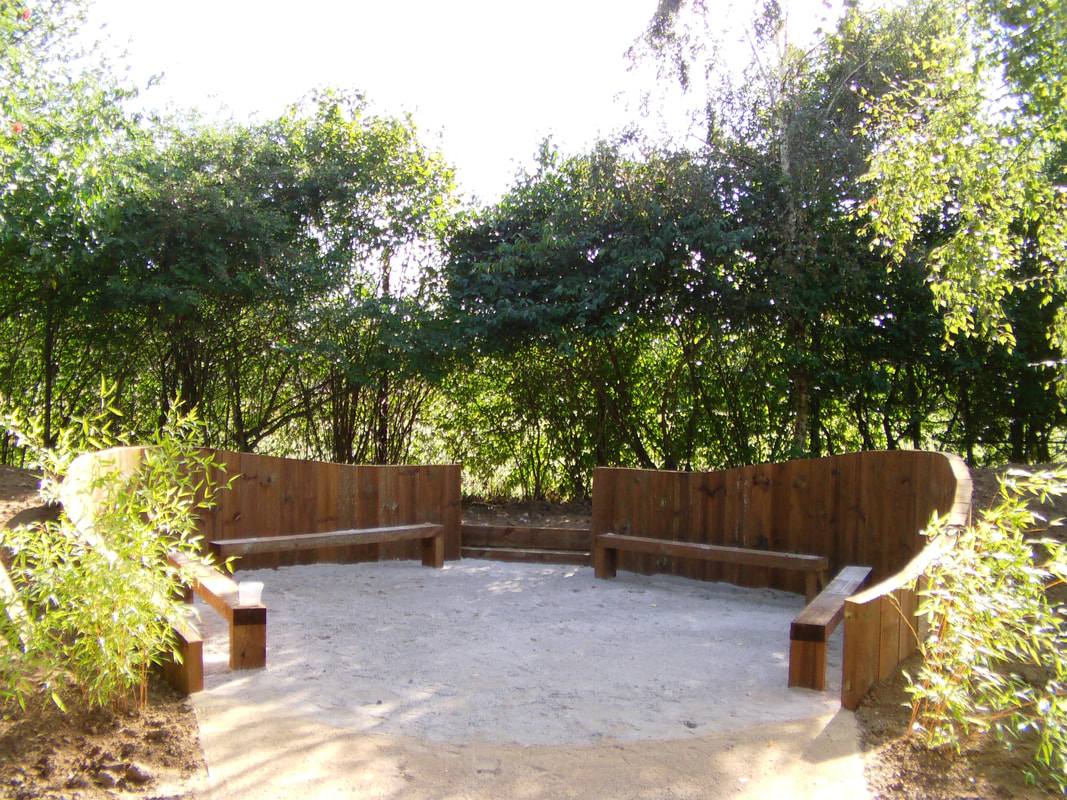
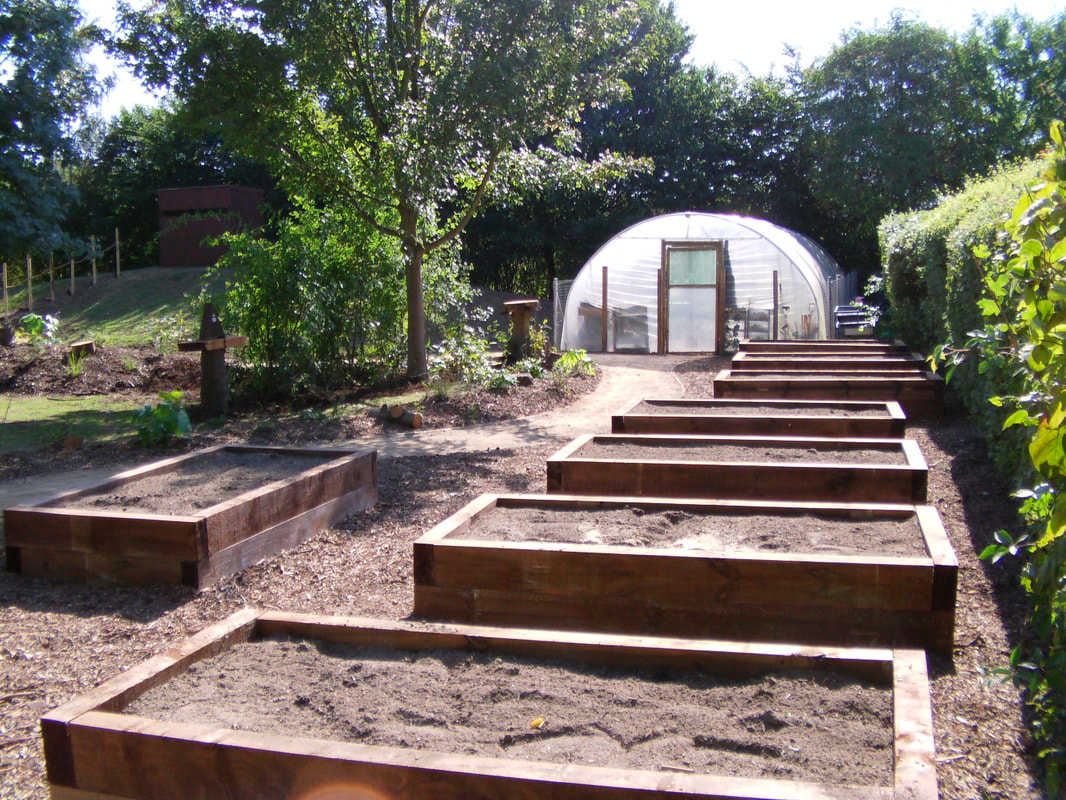
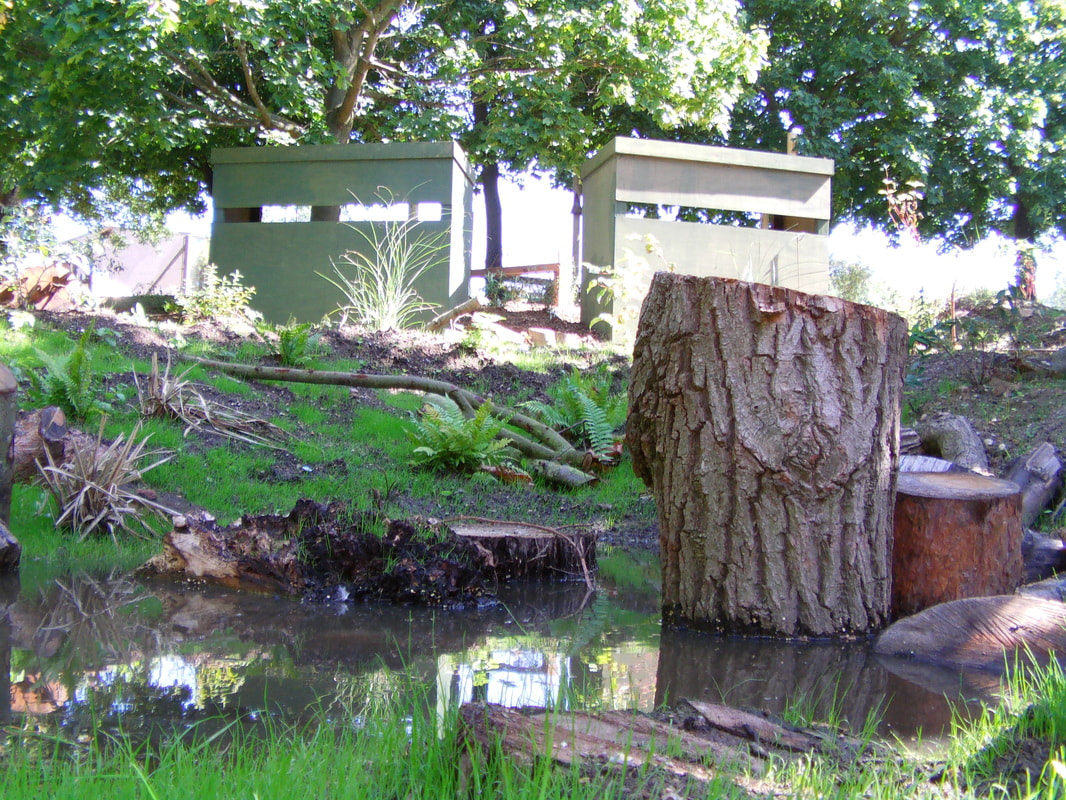
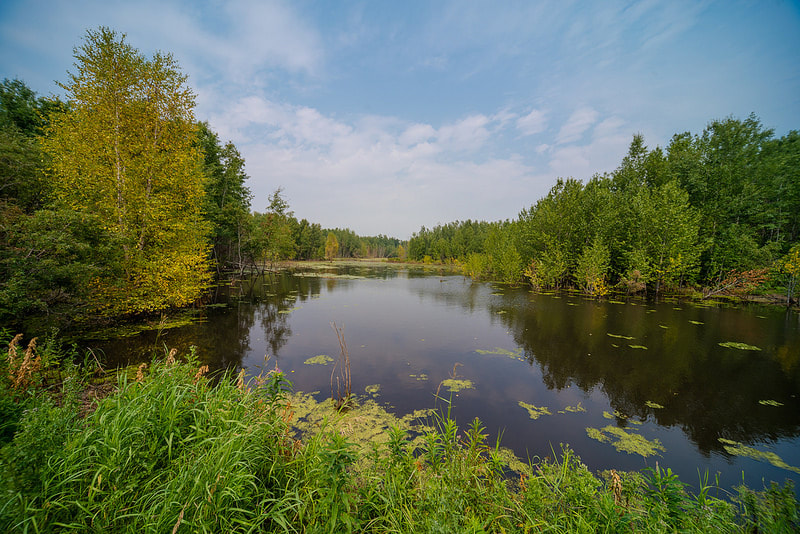

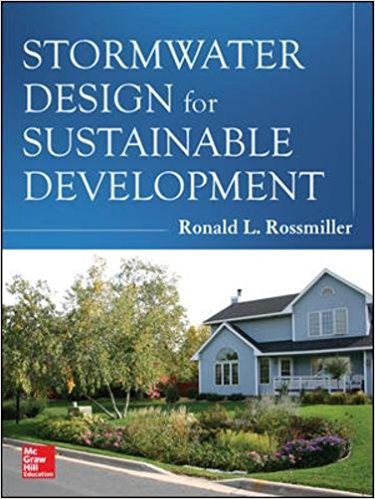
 RSS Feed
RSS Feed
